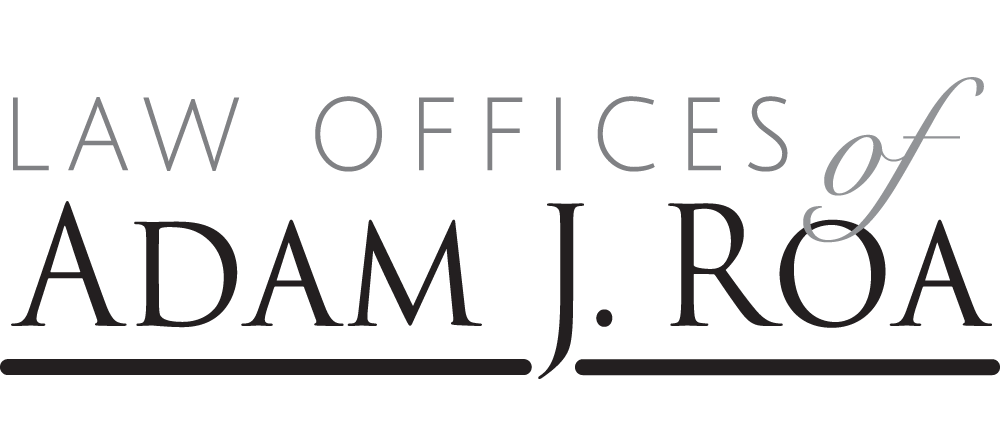Medicaid Recovery of Transferred Assets
What is cited below is another jurisdictional case which illustrates the limits of what a State may do to accomplish a Medical Assistance (i.e. Medicaid) recovery on community spouses’ assets. In this case, an attempt was made to put a Medicaid lien on the estate of a recently deceased community spouse at a time when the nursing home spouse continued to receive Medicaid benefits. In this case the court ruled that the State was prohibited from reaching into the spouses’ estate for recovery.
______________
An Idaho district court rules that the state cannot recover assets from the estate of a Medicaid recipient’s spouse that were transferred to the spouse before the Medicaid recipient died. In Re: Estate of Perry (Idaho Dist. Ct., 4th Dist., No. CV-IE-2009-05214, March 16, 2011).
Martha and George Perry owned property together. Mrs. Perry entered a nursing home, and Mr. Perry transferred the property into his name. Mrs. Perry then began receiving Medicaid benefits. Mr. Perry died before Mrs. Perry, and the property was sold. After Mr. Perry’s death, the state filed a claim against his estate seeking recovery of more than $100,000 in Medicaid benefits it had so far paid on Mrs. Perry’s behalf.
The state asserted that, because Mrs. Perry previously had an interest in the property during the marriage, the state could recover an amount equal to her ownership interest. The estate’s personal representative countered that the state was entitled only to recover an amount equal to Mrs. Perry’s interest in the home at the time of her death. Because Mrs. Perry was still alive at the time of the transfer, the personal representative argued the state could not recover any amount. The magistrate ruled that the state’s ability to recover costs was limited to assets that were transferred to the recipient’s spouse at death, not to inter vivos transfers. The state appealed. (Mrs. Perry died while the appeal was pending.)
The Idaho District Court affirms, holding the definition of “estate” in federal Medicaid law does not permit the state to recover property interests the Medicaid recipient divested before death. The court determines that there is a conflict between state and federal law because state law would allow the state to recover from the spouse’s estate so long as the property was once community property, but the court concludes that federal law preempts state law.
